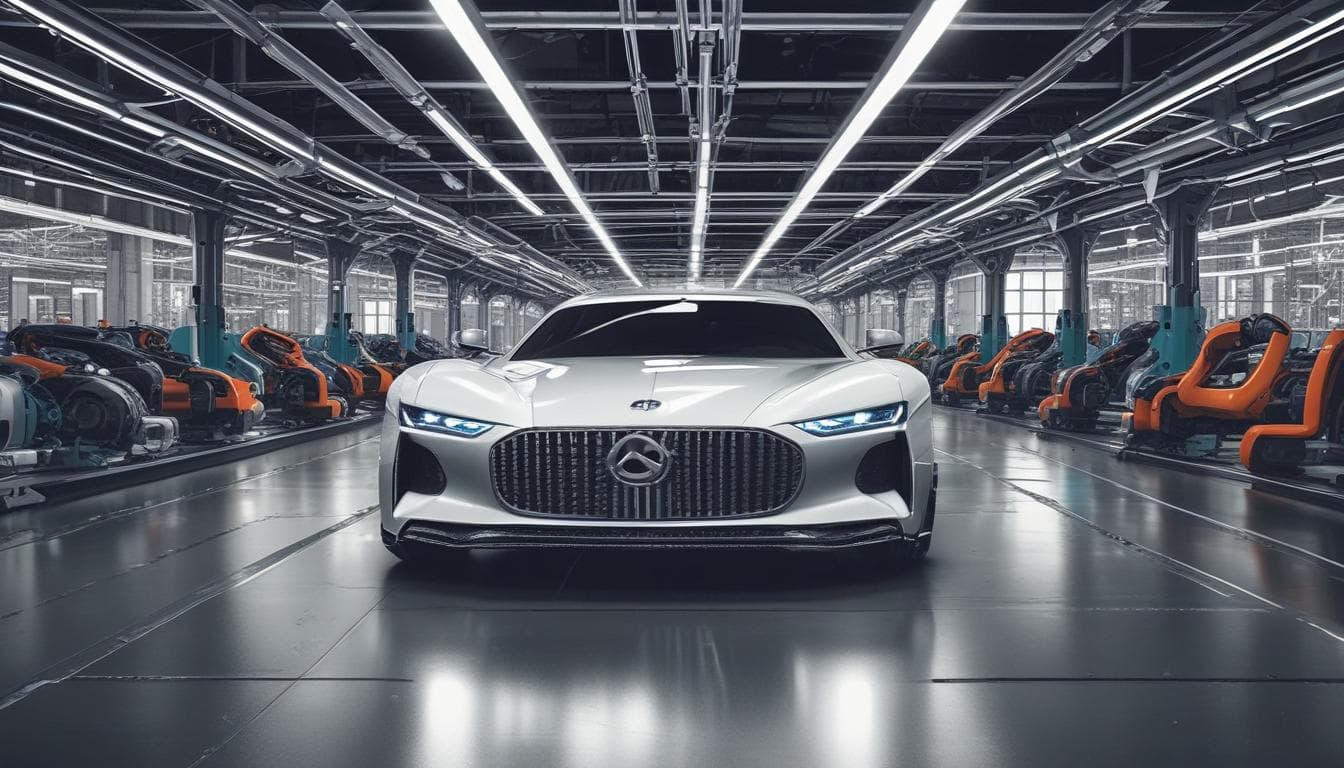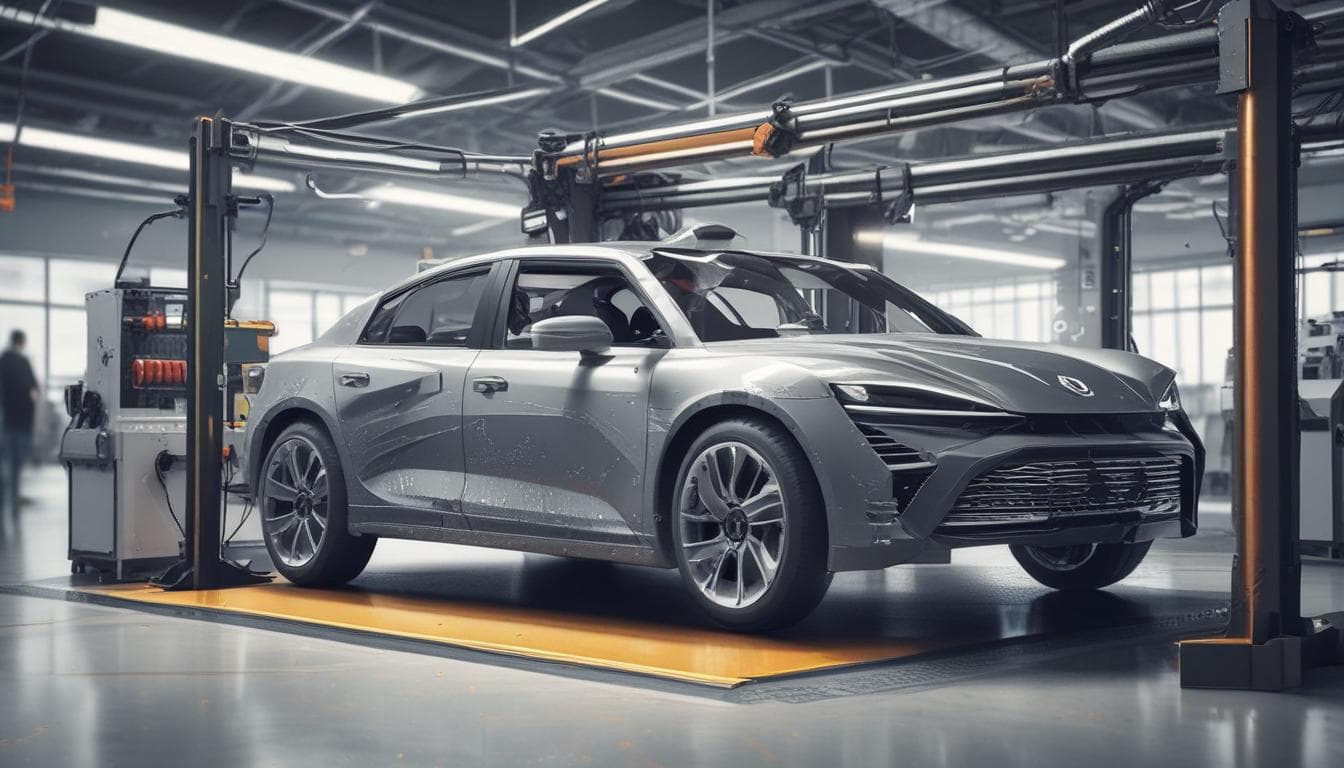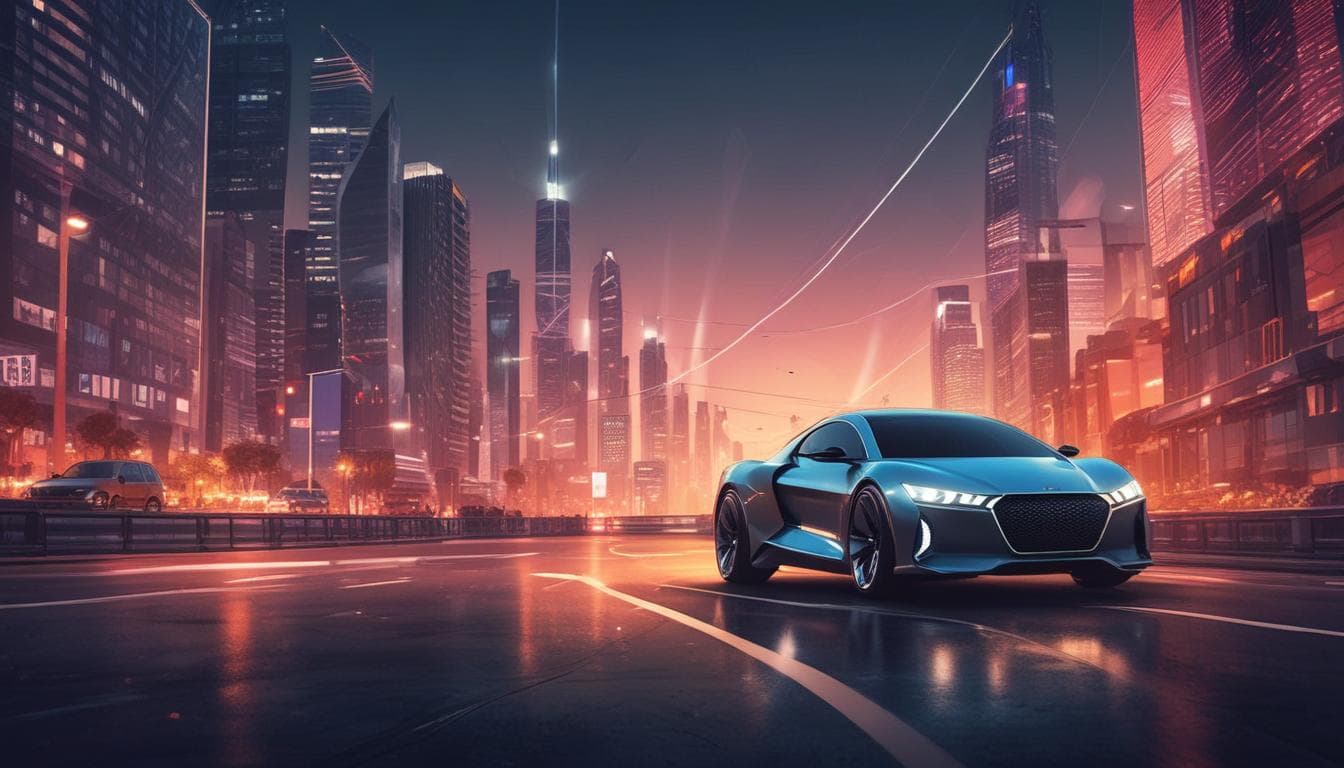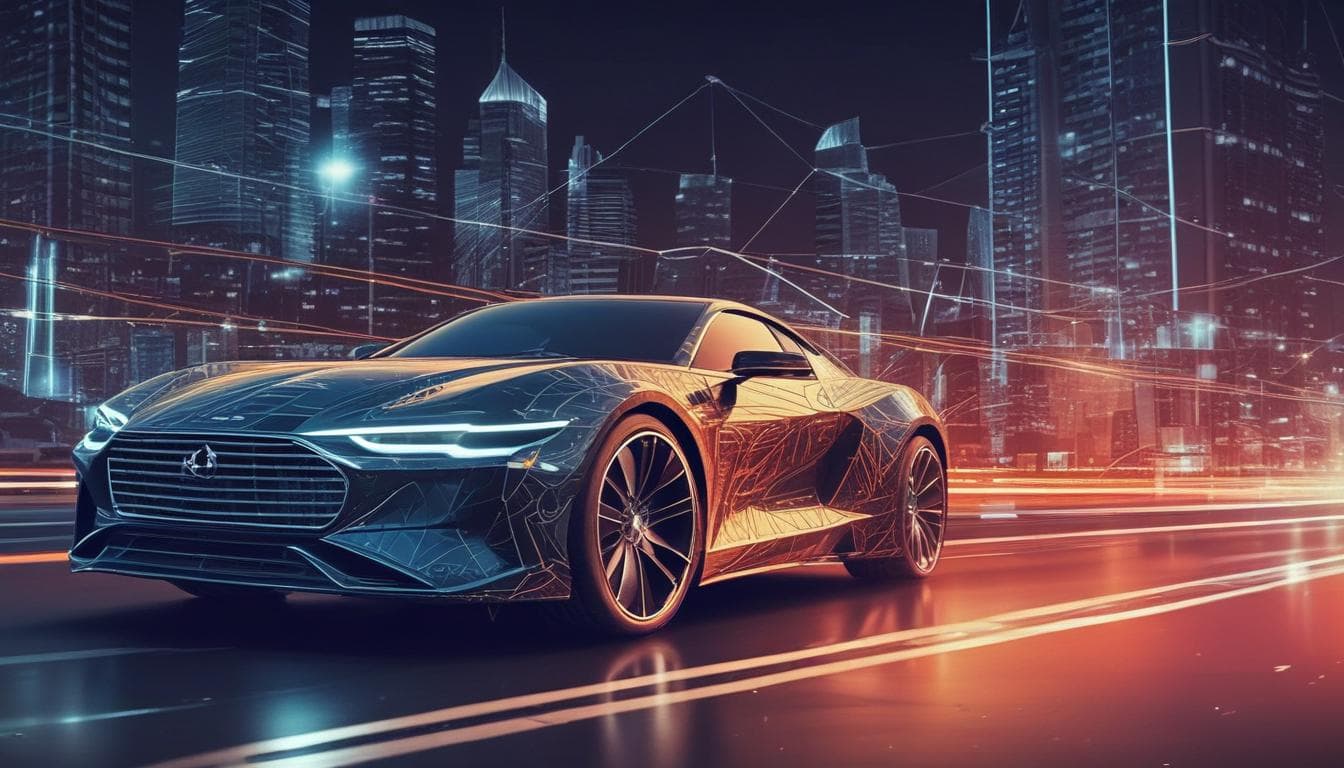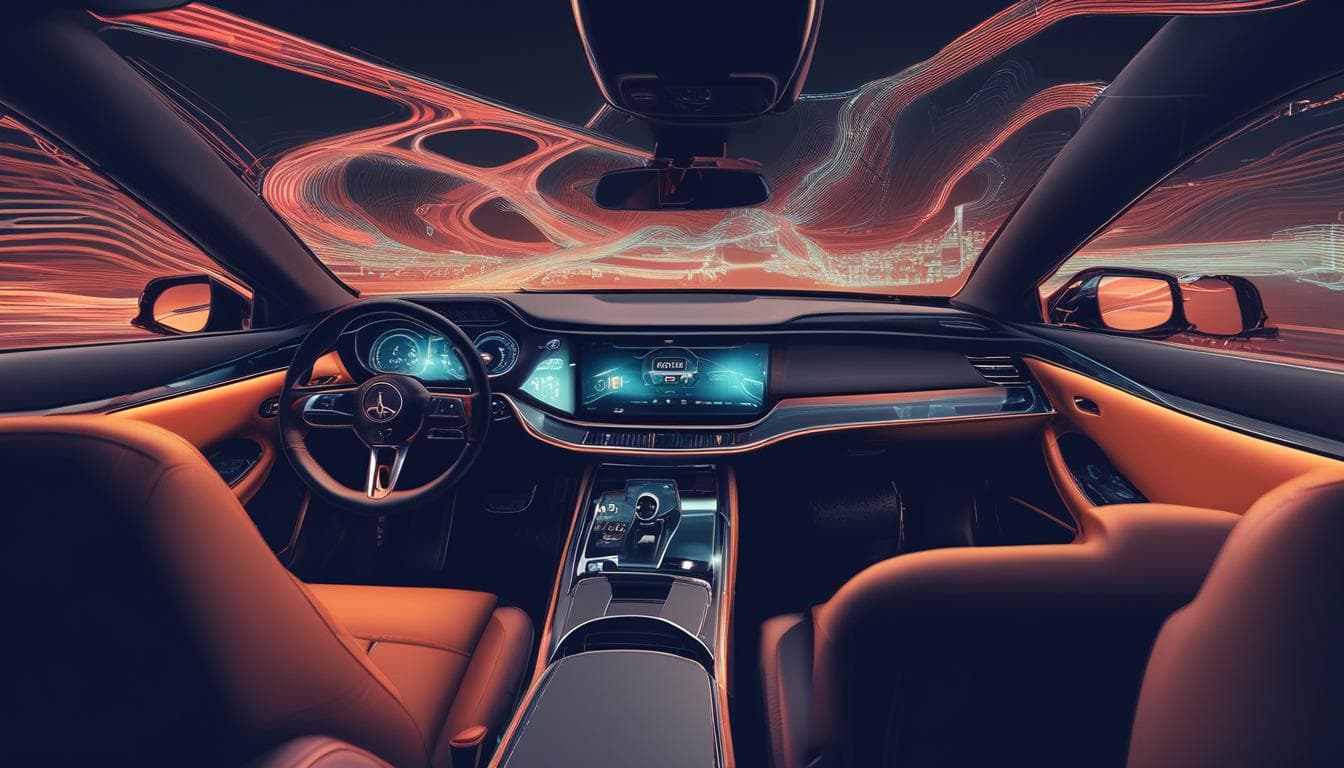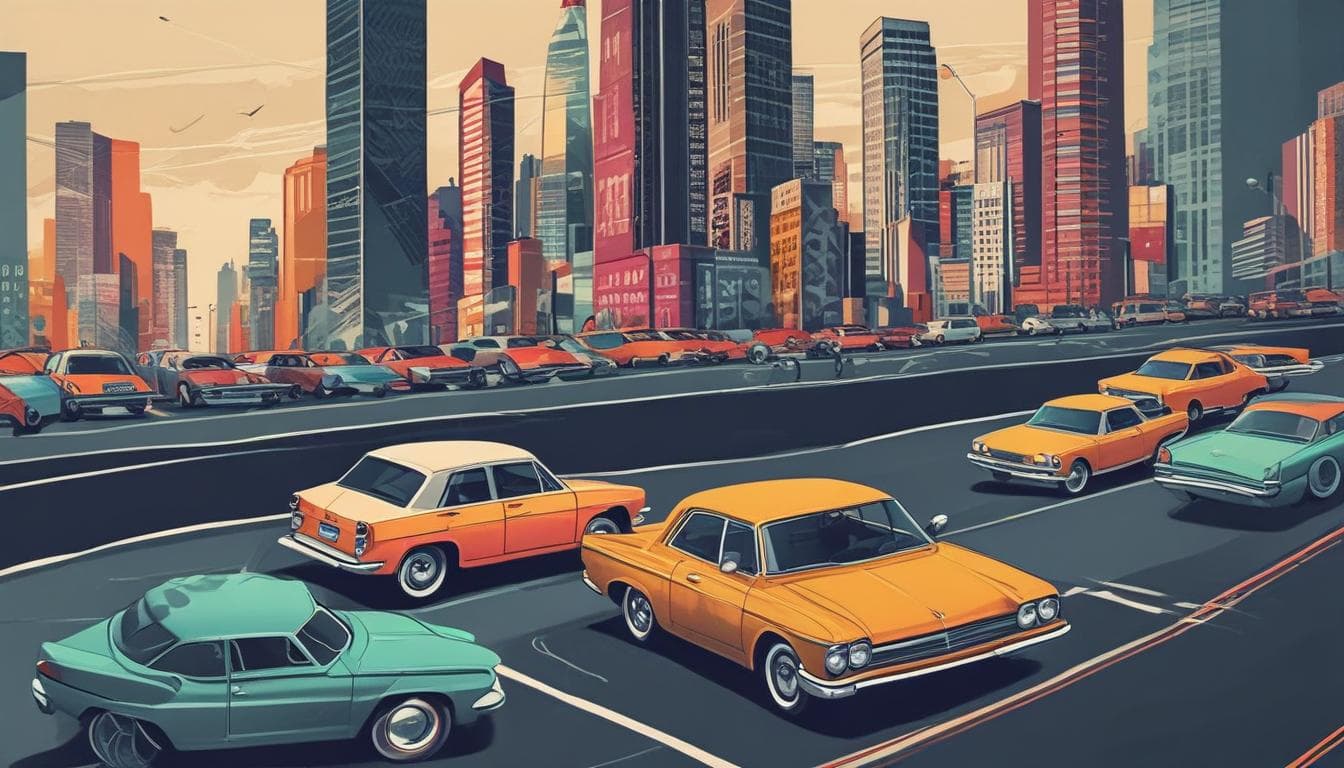With the increasing sophistication of AI in vehicles, how might the role of the "automotive critic" evolve? Will AI-driven analysis replace human perspectives on car design, performance, and cultural impact, or will a new form of critique emerge, blending human intuition with data-driven insights?
That's a fascinating question! I believe AI will significantly impact automotive criticism, but not necessarily replace human critics entirely. Here's my take:
-
Data-Driven Insights: AI can analyze vast amounts of data related to vehicle performance, safety, and reliability. This offers a new level of objective evaluation, complementing traditional subjective reviews. Imagine AI generating reports on a car's real-world efficiency, predictive maintenance needs, or even personalized driving experiences based on user profiles. This data-driven approach can be incredibly valuable for consumers.
-
The Human Element: While AI excels at objective analysis, the human element of automotive criticism remains crucial. Aesthetics, driving feel, cultural impact – these aspects require subjective interpretation and nuanced understanding. Think about the emotional connection we have with cars; AI can't replicate the human experience of driving a classic roadster on a winding coastal road. For more on this evolving landscape, check out this insightful article on the AI revolution in automotive.
-
A New Form of Critique: I envision a future where human critics leverage AI insights to enhance their reviews. Imagine a critic using AI-generated performance data to support their subjective impressions of a car's handling. This blend of human intuition and data-driven insights could lead to a more comprehensive and informative form of automotive criticism. This aligns with the trends discussed in the rise of software and feature subscriptions in cars, where data plays an increasingly important role.
-
New Avenues for Critics: AI might even open up new avenues for automotive criticism. Critics could specialize in analyzing and interpreting AI-generated data, focusing on areas like user experience, personalized features, and the ethical implications of AI in vehicles. This is particularly relevant given the increasing prevalence of topics like automated vehicle inspections.
In conclusion, I believe AI will revolutionize automotive criticism, not by replacing human critics, but by augmenting their abilities and opening up new possibilities. It's an exciting time for the industry, and I'm eager to see how this evolution unfolds.
Explore More on This Topic
Join the Conversation
- How Will AI Reshape the Automotive Industry?
Explore the transformative impact of AI on automotive design, manufacturing, and the driving experience. Discuss the potential benefits, challenges, and ethical considerations of AI's growing role in the automotive industry.
- The Future of Driver Training and Licensing in the Age of AI
Explore the potential impact of AI on driver training and licensing. Will AI-driven programs replace traditional driving schools? What new skills will drivers need in this evolving landscape?
- The Evolving Role of the Human Driver in the Age of AI
Explore the future of driving as AI integration in vehicles increases. Will human drivers become leisure drivers, and how will this impact car culture and design?
